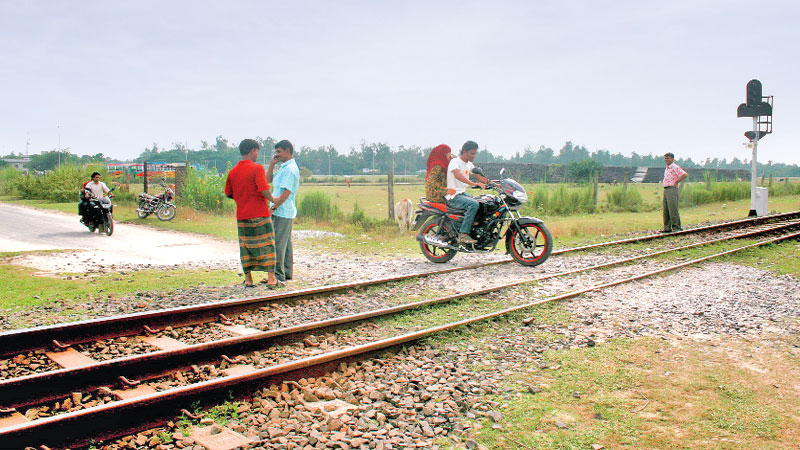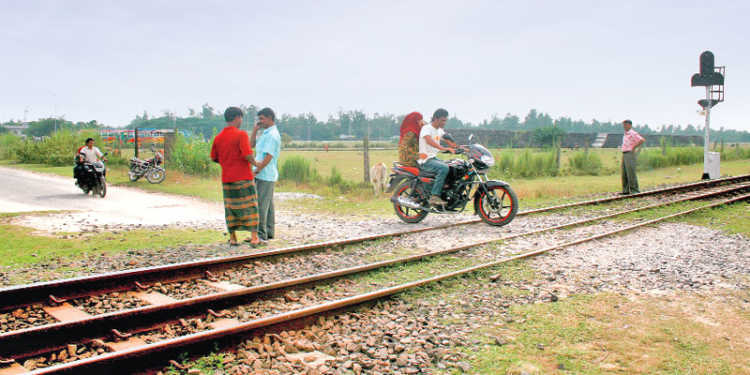Railways Minister Piyush Goyal is known to be one of the most hard working and efficient ministers in the current government. His style of working is akin to Prime Minister Narendra Modi’s approach- a holistic and 360 degrees vision to all round development. Since Minister Piyush Goyal took charge of the Indian Railways, the national carrier has undertaken several initiatives, from providing extra trains in heavy traffic areas, to providing ground level support to the relief efforts during the Kerala floods.
A basic area of development, i.e. ‘Safety’ seems to have been ignored for several decades, partially owing to the general disregard for safety that the Indian psyche has. The Railways’ safety record has been marred by incidents at unmanned level crossings. This came to a head in April when a school bus ignored a red light at an unmanned crossing and was rammed by a train, causing the deaths of 13 children. Since then, the national carrier has taken proactive steps in removing all unmanned level crossings.

In April earlier this year, unmanned level crossings in the country numbered a staggering 3,470. By the end of this month, that number will be reduced to a mere 600 unmanned level crossings. Furthermore, all the unmanned crossings have been removed at places where trains are allowed to run at more than 130km/h. This has been done by either constructing subways and bridges at these crossings or by altogether closing them down. As part of this safety drive, the Indian Railways has resolved to not construct any more level crossings.
The remaining 600 crossings are present in low traffic areas, and will be removed soon according to railway officials. Thanks to current efforts by the Railway Ministry, Guwahati-based Northeast Frontier Railway has become completely free of unmanned level crossings, joining others like Central, Eastern, South East Central and West Central, which had attained this feat last year.
In Uttar Pradesh, there were 121 unmanned crossings, of which 15 were deemed to be unrequired and have henceforth been closed. The remaining 106 crossings will now be manned by Gate Mitras, who will operate hand-controlled gates to regulate traffic if and when required.
Ensuring safety in the Railways, the most commonly used means of transport, is essential for a nation that is developing at a rapid pace. This is a small but crucial step in bringing about a holistic change in our approach towards transport. Despite the increase in the number of passengers that are now able to fly thanks to the Government’s UDAAN scheme, Railways remains the primary means of transport for the common man, and ensuring the safety of both passengers and pedestrians is of utmost importance.

























